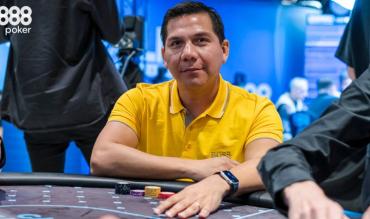Whether It’s time management, study scheduling or physical ailments, there are several ways to mitigate age-related issues.
But how does age affect our relationship with poker?
How do we create and maintain a healthy poker relationship?
Let’s look at several age-related factors that strengthen or weaken our relationship with poker.
Time Management
Many people struggle to regulate their time at the tables, but younger players are particularly undisciplined due to various social, physiological, and financial factors.
For example, the brain’s prefrontal cortex matures until around 26, which means that youngsters don’t have a fully developed sense of self-control.
This fact makes them impulsive and more likely to play unhealthily long poker sessions when first learning how to play poker. This situation can also interfere with their lives away from the tables.
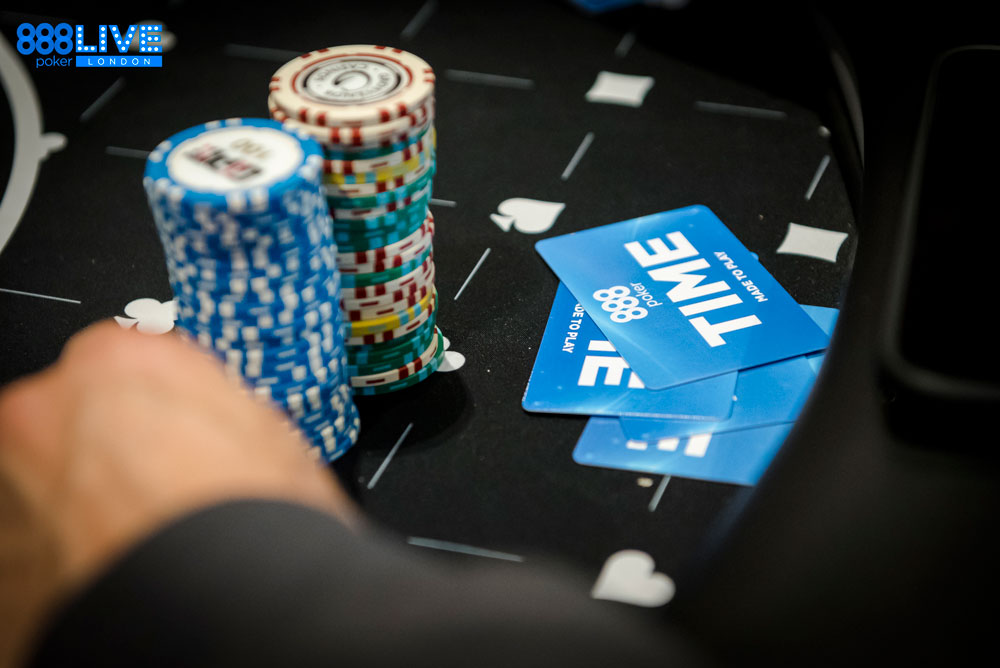
It’s especially bad for amateurs who grind into the early hours of the morning since their sleep quality will suffer. Lack of sleep will likely hinder their work productivity and make them a little sluggish and cranky!
Better Things to Do
A study by Dr Naveen Puri suggested that people become less ambitious after about 33. Older adults are more likely to play poker for fun than with aspirations of going pro. So, the prospect of long study sessions becomes far less appealing.
Priorities also change around this time. According to today.com, 90% of men settle down between the ages of 27 and 33. They’re more likely to want to spend time with family rather than alone in front of a computer screen or figuring out poker combos.
Since they’re less impulsive, older people tend to be more responsible. They also have lower energy levels. Tiredness can impact performance and make a hard day at work gruelling.
Therefore, older adults are less likely to sacrifice their beauty sleep to play early into the morning.
Study Time
Even with a strong desire to improve, finding time to study can be an issue as you age – and a poker cheat sheet doesn’t fill the gap.
Older players are more likely to have children and/or intensive jobs, which can drain their free time (until they retire).
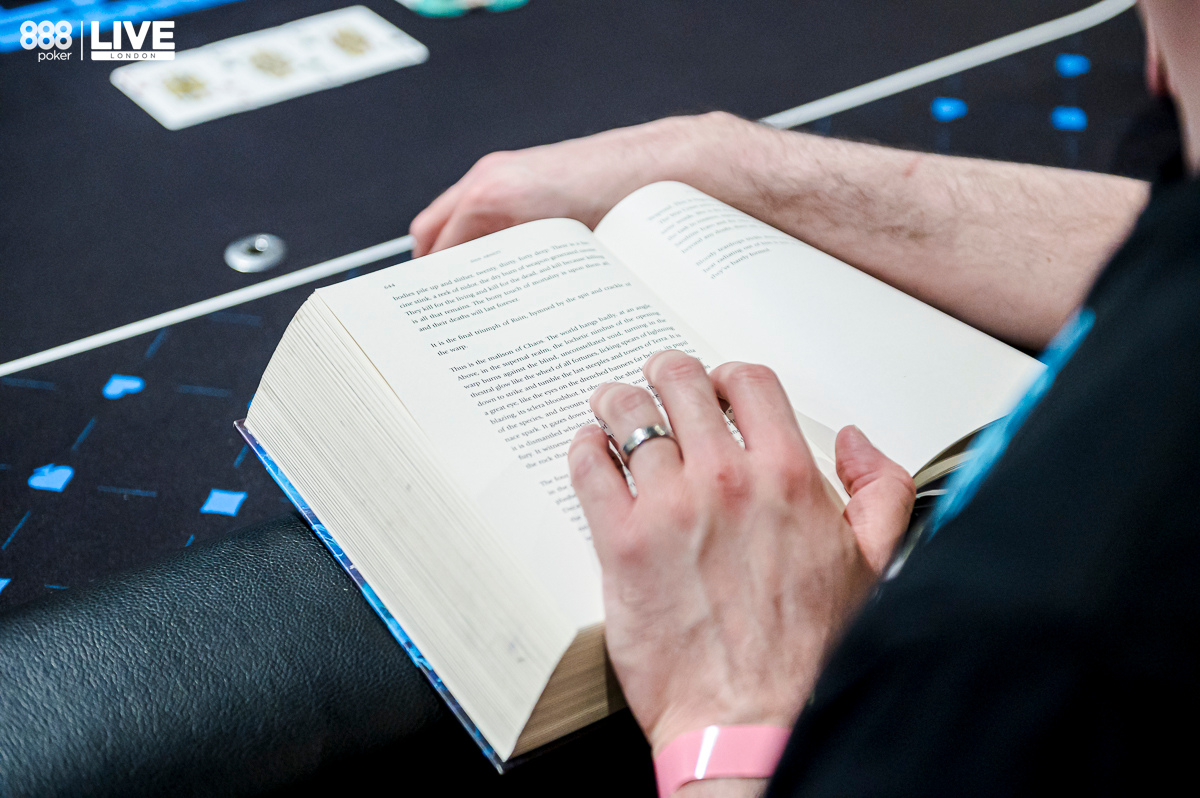
Committing to poker is harder; whatever is available will likely be spent playing rather than studying.
Our progress can stagnate as we age, and results take a dive.
Back Ache!
Physical issues arise as you age, too. A younger person’s body is fine with a hefty grind, but a long session in a chair can lead to all kinds of knee, neck, and back problems for older people.
Younger players aren’t immune, but they are far more durable.
Hunger
As Lindsay Bowling discusses at medium.com, the accelerated rate at which younger people learn can cause them to become hooked on things faster than older adults. This process fuels a competitive hunger necessary to succeed in poker.
They will usually have fewer responsibilities with entry-level jobs and/or live at home without spouses or children.
So they can dedicate a lot of time to both playing and improving at a faster rate.

Things are a little different for older players. The obsessive impulse that keeps youngsters hungry can fade as you age, so working on your game becomes more of a chore.
The reduced plasticity of older brains doesn’t help either. They are less malleable and poorer at retaining information in a poker hand.
It can be easy to fall behind, even with the best intentions.
While veterans can use their experience to level the playing field a little, the speed at which younger people improve makes it harder for older players to remain competitive.
Financial
Although they typically earn less money than older adults, younger people usually have fewer financial commitments, so a larger percentage of their income is disposable.
As a result, younger players find it easier to shrug off losses, stay in the game if they’re losing, and be far more liberal with their bankrolls.
This financial freedom can make younger players take significant risks, something studies show they’re more likely to do in the first place. This situation could take many forms, like the following:
- Making thinner bluffs and value bets.
- Attempting to move up the stakes more aggressively than they should.
However, young people are in the early stages of their careers and will likely be in poor financial shape when they first start playing poker.
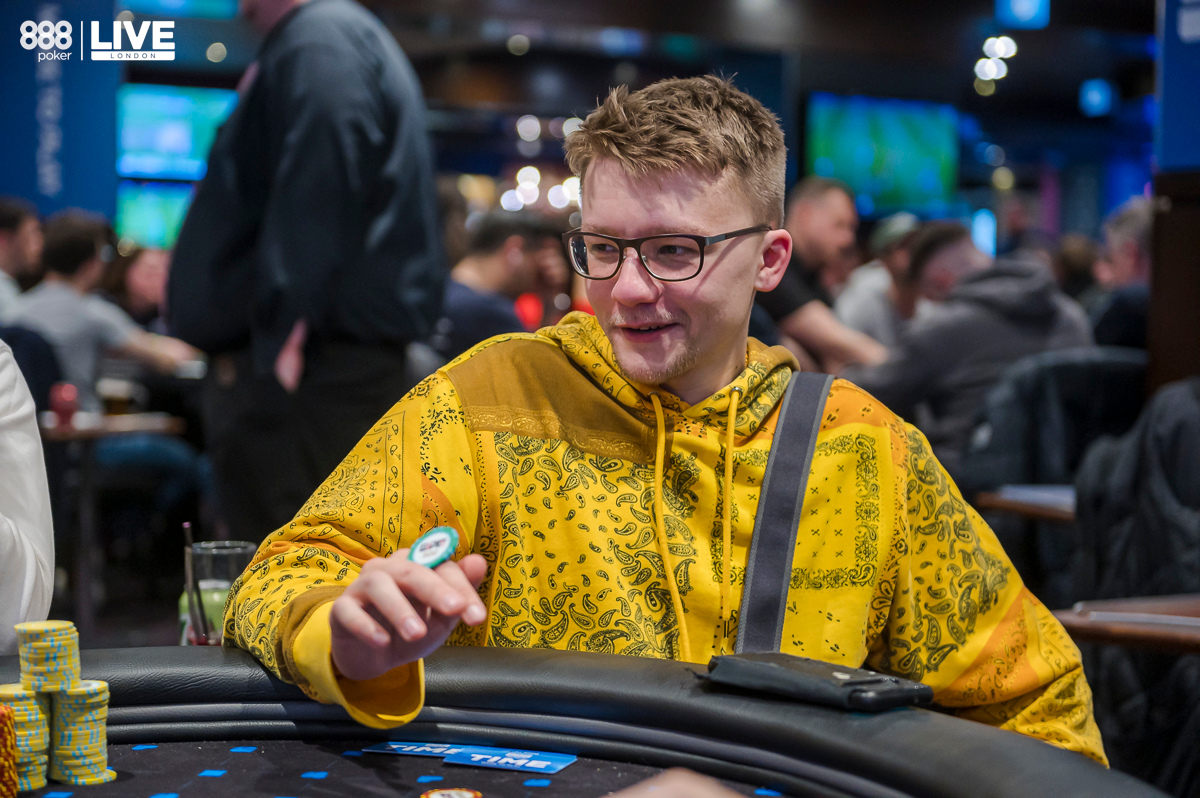
Although their lack of responsibilities enables them to risk a larger proportion of their net worth, they haven’t had time to build assets. They can take a big punt to win a WPT poker tournament and not worry too much if they bust out in the first hand.
Older people have different concerns:
- They are more likely to have savings and access to these bigger games.
- However, the smart consider their credit ratings, families and futures.
So, older players are usually more conservative with any cash they may have sewn into their mattresses.
Safety Net
Many young people are used to relying on their parents, which makes them unfamiliar with going broke.
It's a bit like a kid who hasn't learned not to put their fingers in the fireplace yet. This naive fearlessness increases the likelihood of younger poker players taking wild, needless financial risks.
However, this blind courage can help them play with a disregard that makes it tough to play against.
As James Baldwin said, “The most dangerous creation of any society is the man who has nothing to lose.”
Going Pro
Young people's lack of commitments makes it easier to go pro. They are more likely to be in entry-level jobs, which they can return to if poker doesn't work out.
Many will also live at home or know they can use their parents as a safety net, making the process far less daunting.
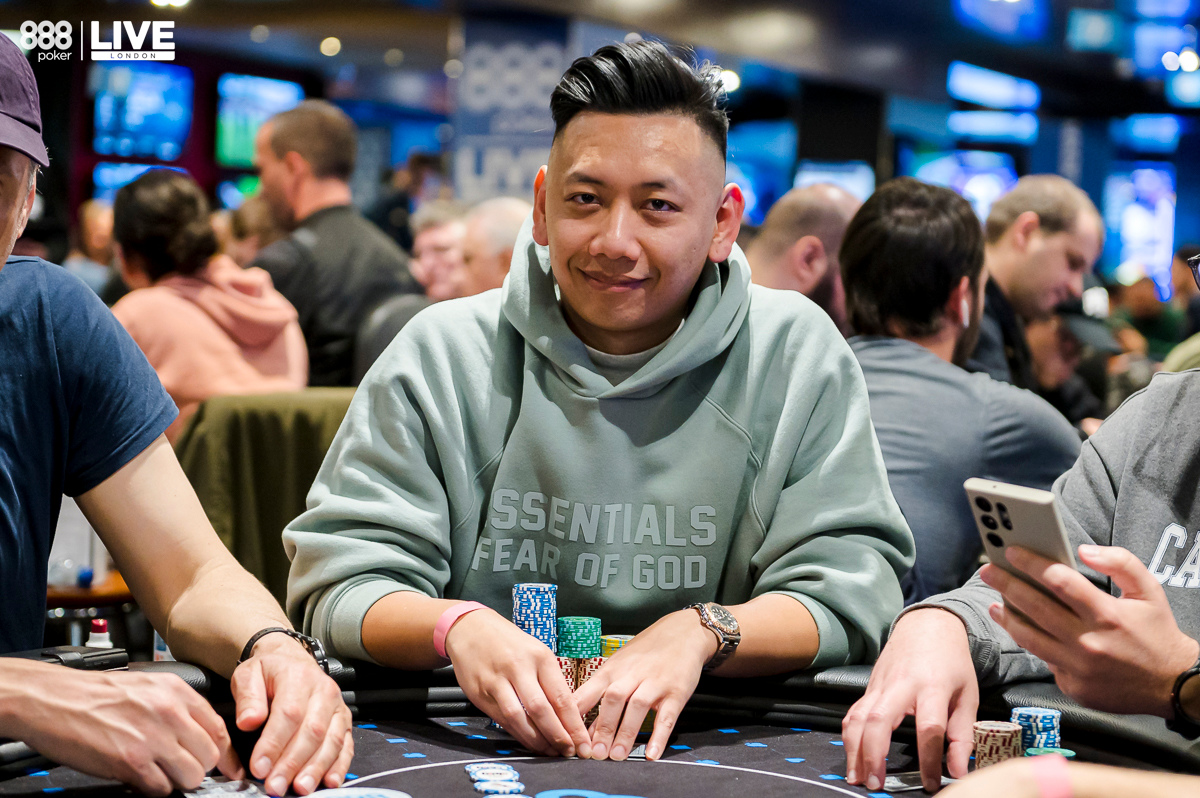
It's much harder for older players to make the same leap because they are more likely to have a family or car and mortgage payments. The financial instability in poker can look pretty terrifying.
They are usually going to be further down their career paths and, understandably, reluctant to risk starting over if the poker gods screw them over.
When all is considered, age can and does significantly impact your relationship with poker.
Different stages of life bring different obstacles and challenges:
- Older players have to balance their families and finances.
- Younger people need to curb their impulses to maintain moderation.
